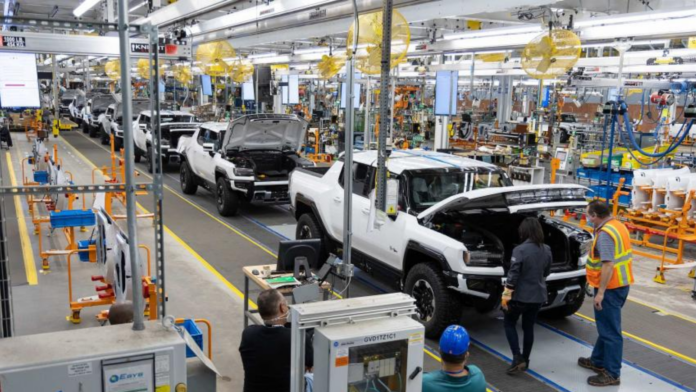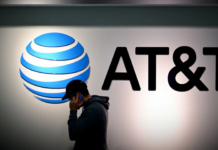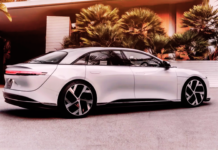General Motors (GM) and their trusted collaborator Honda have taken a surprising turn in the world of electric vehicles (EVs). Their initial commitment to produce millions of pocket-friendly, compact electric vehicles has sadly come to an end. The cause? A blend of rising interest rates, growing battery expenses, and a dwindling demand for EVs.
About a year and a half ago, the world watched with bated breath as GM and Honda made their grand announcement. They were gearing up to launch affordable EVs tailored for the North American audience. The cherry on the cake? The anticipated price point for many of these vehicles was below the $30,000 mark. The spotlight was on GM’s innovative Ultium EV platform and the combined manufacturing prowess of both automotive giants.
However, as Darryll Harrison, a spokesperson for GM, shared via an email, “After extensive studies and analysis, we have come to a mutual decision to discontinue the program.” But, don’t let the disappointment weigh you down just yet. Both companies are still passionately dedicated to carving an affordable niche in the EV marketplace. Over the upcoming two years, GM’s strategy includes enhancing the Ultium Platform, bolstering battery cell capacity, fostering a robust domestic EV supply chain, and rolling out an extensive EV portfolio, which embraces the less expensive models.
Recently, GM decided to dial back on its speed to launch EVs. In fact, they’ve even reconsidered their ambitious target of producing 100,000 EVs for the latter half of 2023.
Yet, GM hasn’t completely written off affordable EVs. In a twist, they revived their plans to continue with the Chevy Bolt EV, now working on its next-gen version.
GM’s CEO and Chair, Mary Barra, during a recent earnings call, emphasized the company’s commitment to the next-gen Chevy Bolt EV. “We see immense value in the brand and are working towards leveraging this equity as efficiently as we can. Our forthcoming plans comprise new vehicles for the entry-level segments, backed by a $5 billion capital investment in the upcoming years,” she stated.
Taking a stroll down memory lane, Honda and GM have always shared a strong camaraderie. Their alliance spans back to co-creating the Honda Prologue and introducing Acura’s first EV. They’ve also joined forces with GM’s Cruise, their autonomous driving subsidiary, and together brought the Cruise Origin to life.
Interestingly, while their joint EV dreams are on pause, both companies are seemingly pushing the envelope on autonomous vehicles. A recent collaboration between GM, Cruise, and Honda unveiled a proposal to initiate a robotaxi service in Japan. This new venture aims to introduce the specially crafted Cruise Origin vehicles to central Tokyo’s heart by early 2026. Launching with a handful of Cruise Origins, they have plans to upscale the fleet to a whopping 500 vehicles. Their broader vision? To extend this service beyond just central Tokyo.
However, a question mark hangs in the air, given Cruise’s recent hiccup with robotaxi permits in California. Only time will tell how this impacts their alliance.












